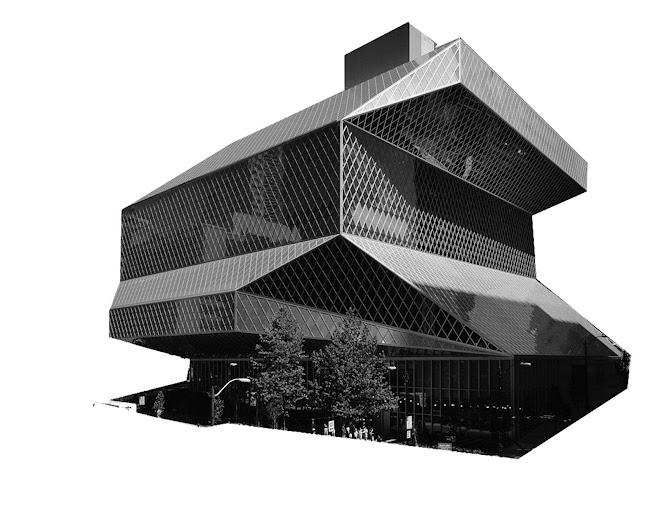El doble participio de algunos verbos siempre ha generado dudas sobre su uso. Una muy extendida en el mundo de la arquitectura es la del verbo imprimir. Cada lunes en el centro de cálculo, en un momento de ansiedad antes de la entrega, dudo. Intentar buscarle solución bajo presión he llegado a la conclusión de que es una vía de escape. A excepción, por supuesto, del momento en que los alumnos valoran su propio trabajo comparándolo con el volumen de trabajo ajeno: "¡¿Cuánto has imprimido?!" o "¡¿Cuánto has impreso?!"
El verbo "imprimir" posee dos formas de participio; una regular "imprimido" y otra irregular "impreso".
Cualquiera de las dos es válida en la conjugación de tiempos compuestos; así se puede decir indistintamente:
¿Has imprimido/has impreso ya todo lo que te faltaba?
Sin embargo, en el uso del participio como adjetivo, se prefiere la forma irregular. Por tanto:
Todos los boletines impresos deberán ser corregidos a la mayor brevedad posibley no tanto "Todos los boletines imprimidos deberán ser corregidos a la mayor brevedad posible".
Some verbs in Spanish have two forms of participle. One of them is the verb "to print" (imprimir). This one has a lot to do with architecture. Every Monday, when I'm anxious waiting to print in the plotter room, I wonder how to use them. I have concluded that trying to solve this is a good way to get away from it all. That works until the moment students try to compare their results asking: "¡¿Cuánto has imprimido?!" or "¡¿Cuánto has impreso?!" "How much have you printed?"
The verb "to print" (imprimir) has a double form of participle "printed"; one regular "imprimido" and another irregular "impreso".
Either one can be used to conjugate compound verbal tenses; so it is correct to say either: ¿Has imprimido/ has impreso ya todo lo que te faltaba? "Have you printed all yet?"
However, it sounds more natural the irregular form when using the participle as an adjective. As a result: "Todos los boletines impresos deberán ser corregidos a la mayor brevedad posible". "Every printed form (bulletin) must be corrected as soon as possible".
